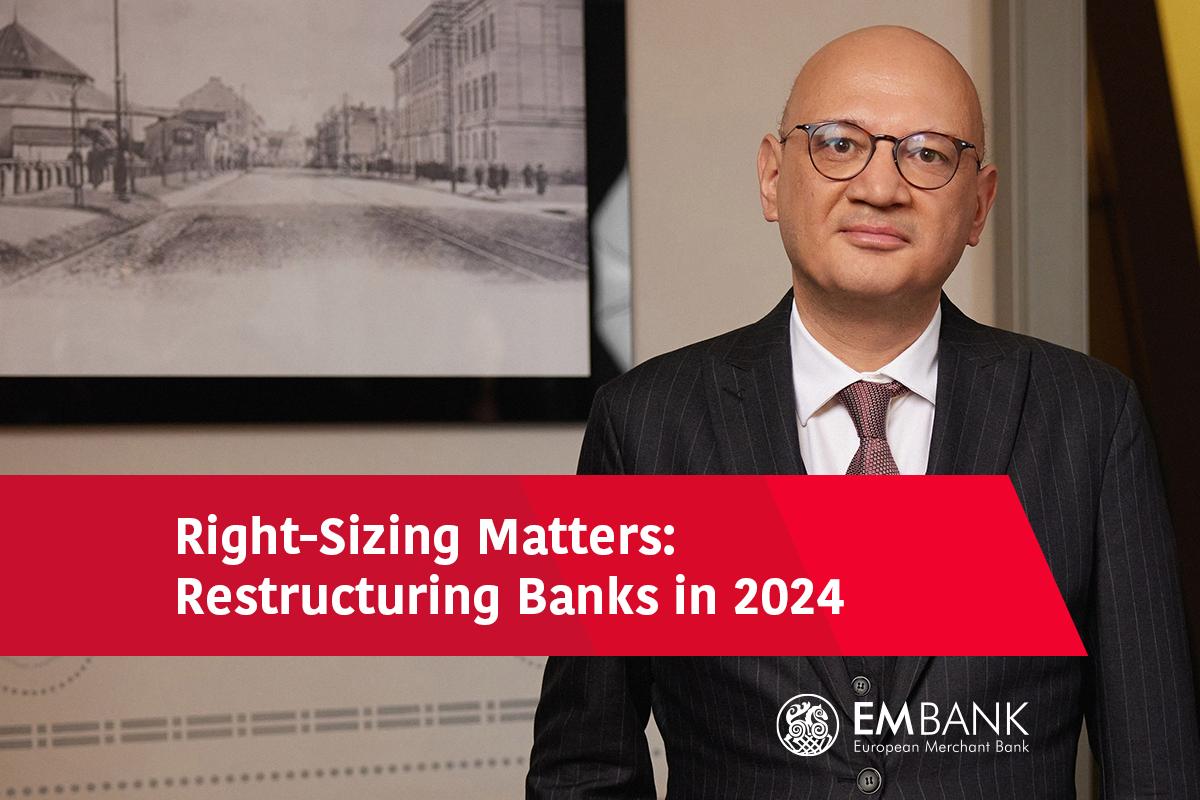Fintech companies are often founded on principles of entrepreneurship and cutting-edge technology. However, their knowledge of banking products and regulations may be limited.
Conducting business in the fintech sector is very dynamic and challenging. Stakeholders often face challenges they have never encountered before, such as releasing a novel financial software product, entering a new market, integrating new systems and frameworks, and so on. These are crucial inflection points, and if they are handled incorrectly, the whole business may be jeopardized.
To cope with such circumstances, financial technology businesses need specialized skills and expertise that they may lack in-house, which is where external consultants come in.
Fintech companies can benefit from working with consultants to a great extent. The injection of expertise and experience through good consultancy helps them avoid non-working business models, regulatory pitfalls, loss of money and time.
We find the following aspects to be crucial in picking the right consulting partners for fintech ventures:
Global Approach & Expertise
Even within a steady-state market structure, the evolving fintech ecosystem presents opportunities, where some players may become bigger via economies of scale while new entrants continue to emerge. Business models vary as well. Some players will tend to hyper-focus on a single product while others strive for a broad, multi-product marketplace. An experienced consultant would guide a business at the planning stage, to scale up the business locally or at a global level.
As with banks, fintech firms are not regulated by a single license or regulating body. They may be regulated or monitored on a functional or activity-based basis by local, state, or federal authorities, relying heavily on their operations. Across the globe, there is a great deal of heterogeneity in the regulatory environment, and legislation is different from one country to another. A consultant possessing the right expertise in your target country would know how to navigate the legal landscape.
Understanding the importance of communication
Fintechs often get help from consultants when going through the application process. A successful license application initiates a fintech’s operations in a new market, while a failed application significantly alters its business plans.
A typical maker-checker approach does not suffice in this scenario. Small details might cause an application to get deterred, so there’s a need for frequent and two-way communication between the business owners and the consultants.
Prior authorization application success rate and practice
Application processes in the finance industry are often well-defined and documented. It’s natural to feel one’s up to the task to submit a successful application, provided s/he can read and write. This fallacy may not be limited to business owners but may pass on to consultants as well. Trying not to lose a prospective client, a consultant may assume that they’ll be able to navigate unfamiliar waters in a market – or business model – they haven’t handled before, and offer their services in confidence.
We recommend that you take safety in proven success when you can. Check the references the consultants provide and partner with the one who’s had success with companies and processes similar to yours.
Access to Banking Operations and Services
The process of establishing an e-money, payment, or banking fintech extends beyond the simple process of getting a license. In order to do business, you will need specialized banking facilities such as client-protecting accounts and access to payment systems such as SEPA and Swift.
To run your fintech company, you’ll also need tools and software, which you may get from various sources. Having a strong network of contacts with banks, technology providers, regulators, and other stakeholders is thus critical for your consulting partner.
Consultants have connections and working experiences with financial partners, such as licensed banks, Banking as a Service providers, payment and card scheme providers, and can assist their fintech customers to gain access to services such as account safeguarding, card issuance, and accessibility to payment infrastructures, including SWIFT and SEPA.
PSD2 and Open Banking Consulting
Those businesses who take advantage of Open Banking and PSD2 will provide significant advantages to their customers. They do this primarily by consolidating all of their financial offerings into a single location. But it may also help by giving fresh insights into spending habits, generating suggestions for money-saving measures, automating portions of the decision-making process, and even introducing new payment options to customers. An entrepreneur, who would like to take advantage of the situation, should bear in mind that Open Banking and PSD2 require substantial compliance. As both regulations require a set of conditions to be met, a consultant with practical experience in Open Banking and PSD2 compliance may ease the process for fintech.
How Can EMBank Help?
EMBank often works closely with numerous fintech consultants. We’re conveniently referred to by them to fintech startups and non-financial institutions that require a reliable Banking as a Service platform or a licensed bank to provide them with safeguarding accounts.
European Merchant Bank (EMBank) offers accessible financial products for fintech companies and local/regional SMEs across various industries. Established in Lithuania and licensed by the European Central Bank, EMBank provides a Banking-as-a-Service offering, combined with Safeguarding, Business, Accumulative account types as well as payment options through SEPA, Swift, and Target2.
Please send an email to [email protected] to arrange a telephone or video call.
Please keep in mind that the above information has been prepared or assembled by the EMBank and is intended for informational purposes only. Some of the information may be dated and may not reflect the most current legal developments.




